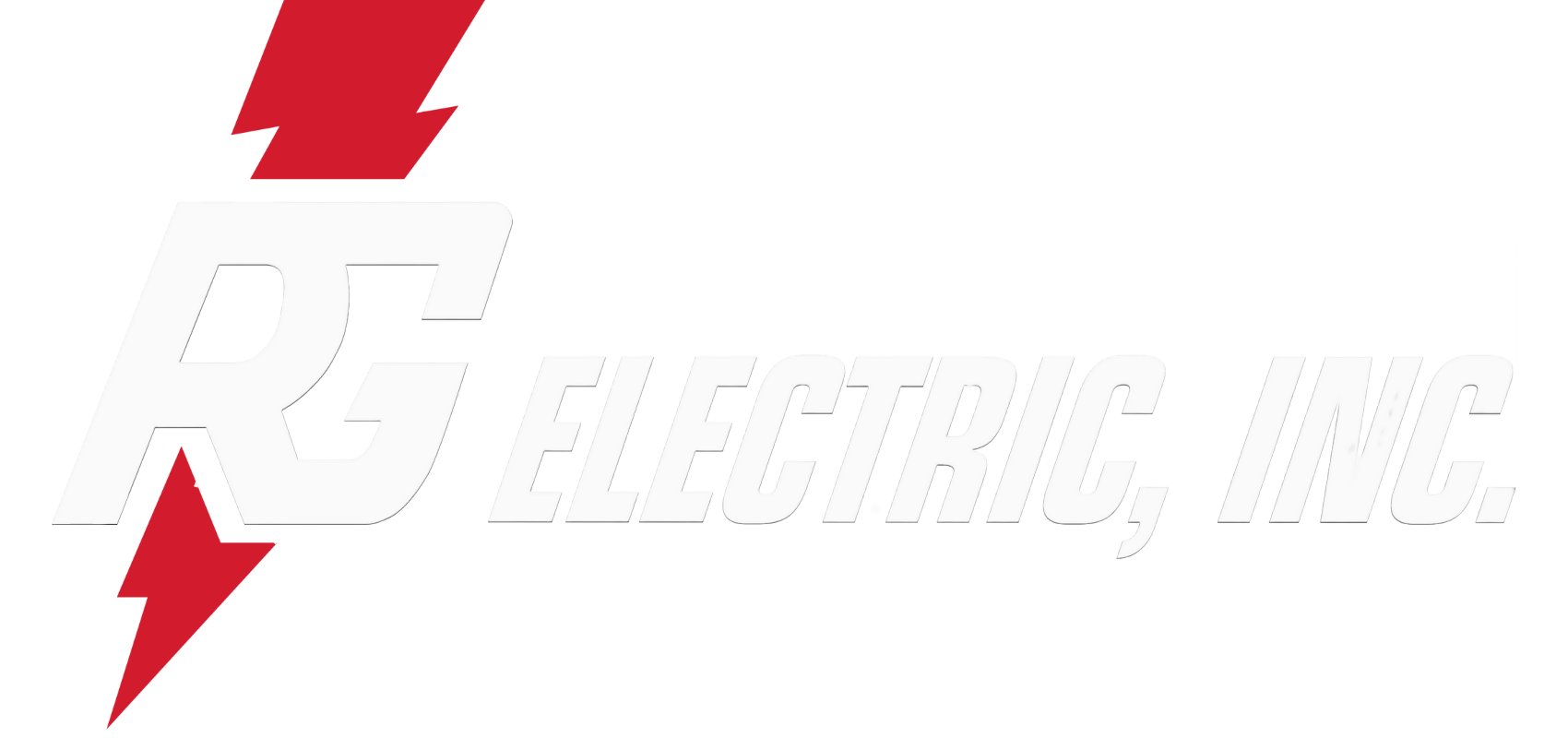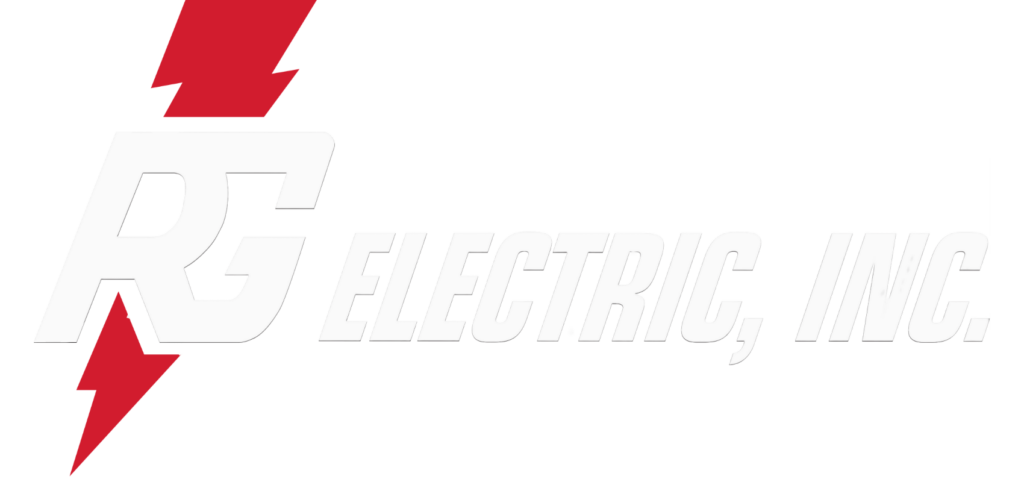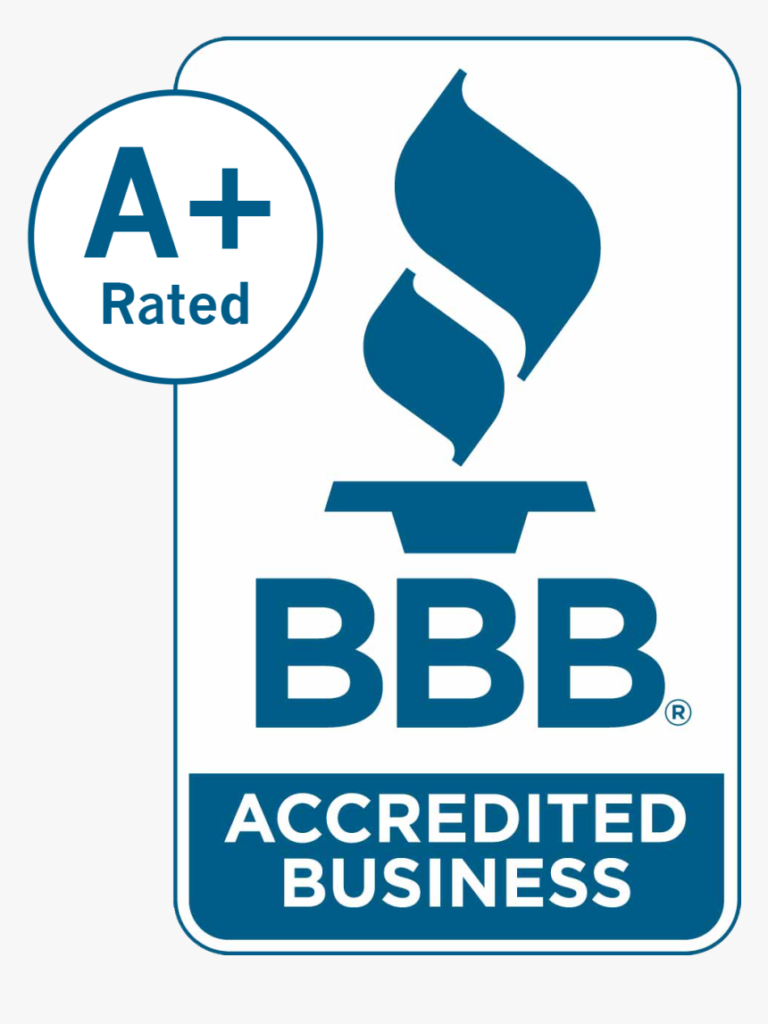Does Solar Really Work? Uncovering the Sunny Truth
In an era where “going green” is more than just a trend, it’s a global mission, the buzz around solar energy is louder than ever. But amidst the solar panel-laden rooftops and glossy ads promising a cleaner, greener future, a nagging question remains: Does solar really work? Or is it just a ray of false hope in our quest for sustainable living? Fear not, eco-curious readers, for we’re about to dive deep into the world of solar energy, shedding light on how it works, its benefits, and whether it’s the right choice for you.
The Science Behind Solar: More Than Just a Bright Idea
At its core, solar power is simple yet brilliantly effective. Here’s the rundown:
- Photovoltaic Panels: These are the workhorses of any solar energy system. When sunlight hits the panels, it excites electrons in the silicon cells, creating an electric current. Voilà, sunlight transformed into electricity!
- The Inverter: This device takes the DC electricity generated by the panels and converts it into AC power, which can then be used to power your home, charge your electric vehicle, or even be sold back to the grid.
- Storage Solutions: Batteries can store excess energy produced during peak sunlight hours, making it available for use at night or during cloudy days, ensuring a constant supply of green energy.
Solar Power: The Bright Spots
Still skeptical about solar? Let’s illuminate some of its undeniable benefits:
- Reduced Energy Bills: Solar panels can significantly decrease your monthly electricity costs. In some cases, they might eliminate them entirely!
- Eco-Friendly Energy: Solar power is clean and renewable, reducing reliance on fossil fuels and lowering carbon emissions. It’s like giving Mother Nature a big, warm hug.
- Increased Property Value: Homes with solar energy systems often sell for more. It’s like the sun is not just powering your home but also your investment portfolio.
- Energy Independence: By generating your own power, you’re less vulnerable to grid outages and the ever-rising costs of traditional energy sources.
But Wait, There’s More: Considering the Clouds
No energy source is without its drawbacks, and solar is no exception. Here are a few considerations:
- Upfront Costs: The initial investment in solar can be steep, though tax incentives and decreasing costs are making it more accessible.
- Location and Weather: Solar’s efficiency depends on your geographical location and the amount of sunlight your area receives. However, advancements in technology are improving efficiency in less sunny locales.
- Aesthetic Concerns: Not everyone loves the look of solar panels, but modern designs are sleeker and more integrated than ever before.
The Verdict: Does Solar Really Work?
The short answer? Absolutely. The long answer? Solar energy is a proven, effective way to power homes and businesses, offering a host of environmental and financial benefits. While it’s not a one-size-fits-all solution, and considerations like location and upfront costs need to be factored in, the potential savings and positive impact on the planet make solar a shining star in the renewable energy galaxy.
So, whether you’re looking to reduce your carbon footprint, save on energy bills, or just love the idea of harnessing the power of the sun, solar energy is not just a viable option—it’s a brilliant one. Welcome to the sunny side of sustainable living, where the future looks bright, powered by none other than our closest star.



